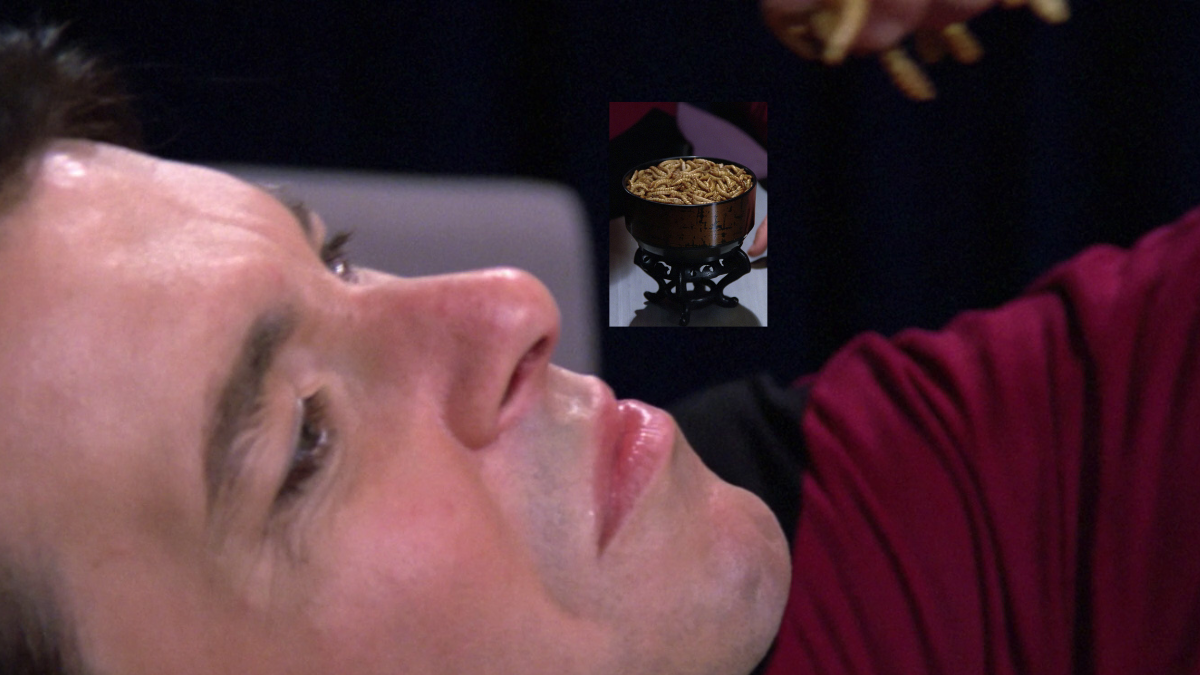The Original Concept of Season 2 of STAR TREK: PICARD Was Deemed "Too STAR TREK"

The second season of Star Trek: Picard faced an uphill battle even before it reached fans, with challenges stemming from budget constraints, the global pandemic, and studio directives reshaping its narrative direction. Terry Matalas, who played a pivotal role as an executive producer in both the second and third seasons of the show, shared insights into the behind-the-scenes struggles and creative decisions that significantly impacted the series' trajectory.
One of the most startling revelations from Matalas, in his discussion with TrekMovie, was that the original vision for season two was deemed "too Star Trek" by Paramount+. The network's feedback prompted a significant rewrite of the season, shifting away from a plot that heavily incorporated sci-fi elements and Star Trek lore. The initial concept involved a unique blend of time travel and a hidden alien social hub in contemporary Los Angeles, reminiscent of the beloved Star Trek IV: The Voyage Home and introducing a layer of secrecy akin to Men in Black.
This ambitious setup envisioned Guinan's bar as a façade for a larger interstellar crossroads, accessible through a phone booth, a creative nod to classic sci-fi tropes. This direction would have offered a deeper exploration of the Star Trek universe within the context of Earth, highlighting the clandestine interactions of alien species with humanity. However, concerns over the storyline being overly complex and entrenched in Star Trek's expansive sci-fi themes led to its simplification.
The production of season two was further complicated by the COVID-19 pandemic, which imposed strict health and safety guidelines and resulted in production shutdowns. These challenges, combined with the decision to film seasons two and three consecutively, stretched the show's resources thin and necessitated further compromises in the storytelling and scope of the season.
Matalas also touched on the controversial Jurati Borg storyline, explaining the confusion surrounding her collective's role within Star Trek canon. The narrative intended to depict Jurati's Borg as a benevolent, albeit minor, collective distinct from the formidable Borg empire known throughout the franchise. However, the execution fell short, leaving fans puzzled about the collective's canonical significance and future implications.
Despite these obstacles, Matalas and his team forged ahead, adapting their creative vision to meet the constraints imposed by external factors. The experience of working under such pressure and through significant revisions illuminated the complex interplay between creative ambition and practical realities in television production.
As Star Trek: Picard concluded its run, the series left a legacy of storytelling that navigated the challenges of honoring its roots while adapting to the changing landscape of modern television. Matalas's candid insights provide a fascinating glimpse into the creative process behind one of science fiction's most revered franchises, underscoring the resilience and adaptability required to bring such a complex universe to life amidst unprecedented challenges.
Chris Post is a life-long fan of Star Trek who has been working in journalism for nearly 25 years.




